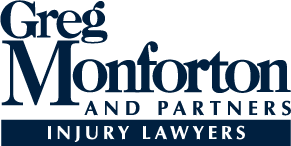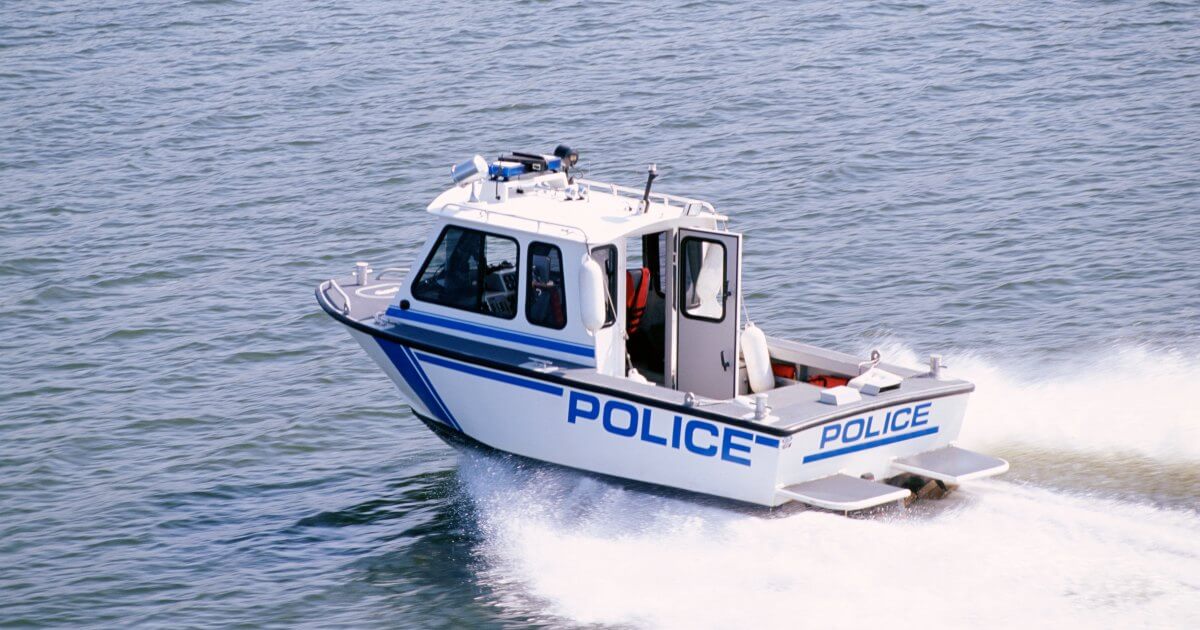Slip and falls happen more often than you realize. These accidents can occur on public and private property due to slippery or wet surfaces, uneven flooring, cluttered hallways and poorly lit areas, which may result in serious injuries. Proving negligence in these cases, however, could be difficult. Ontario law also limits the amount of time to file a claim for compensation after a slip and fall.
Read on to learn how negligence is shown in a slip and fall claim, how you can prove that the accident was the fault of the property owner, and the types of damages we see recovered from past clients. Get answers to your legal questions in a free consultation with a member of our legal team today.
Proving Negligence in a Slip and Fall Claim
Negligence in these cases is similar to other personal injury cases, which means being able to prove the party at-fault in a slip and fall accident. Ontario’s Occupiers’ Liability Act helps to outline who is legally liable for slip and falls.
An occupier is someone who physically owns the property where the slip and fall happened. This could be a homeowner, property manager, landlord, etc. Cases on public verses private property can involve different factors, which is why it is best to consult with a lawyer who is experienced in both areas.
Establishing liability means proving negligence. Ontario law states that occupiers owe a duty of care to guests and visitors. The property must be kept reasonably safe and hazard free.
If he or she knew or should have known about a hazardous condition but failed to fix the issue and caused anyone who entered the property harm, the occupier could be found negligent for breaching this duty of care. His or her failure must have caused your injury and damages that would not have otherwise happened.
General Damages for a Slip and Fall Injury
The damages that may be available to injured victims after a slip and fall will vary on a case-by-case basis. The severity of the injury, medical treatment obtained, and additional care needed that could affect future earnings would be taken into consideration. General damages could include:
- Medical expenses for hospitalization, doctor visits, medications, etc.
- Rehabilitation, physical and/or occupational therapy and other treatments
- Loss of wages and/or benefits from an inability to work while recovering
- Pain and suffering, including physical pain, emotional and mental distress
- Personal support workers and/or attendant care services
If we represent you, a Windsor personal injury lawyer from our firm is prepared to conduct a thorough investigation into the accident and collect evidence to help build and support your slip and fall claim.
This evidence could include photos of the scene, your injuries and the hazardous condition, surveillance or video footage at the time of the accident, eyewitness statements, medical records and more.
Limitation Periods for Slip and Fall Accidents
The amount of time you have to take legal action for a slip and fall is like most other personal injury claims. The limitation period is generally two years from the date of the accident. Failure to file within the two-year time period will likely result in a court dismissal and the inability to recover compensation.
It is important to know that if you are injured on property that is owned by a municipality or city, such as a sidewalk or parking lot, you are required to notify the municipality of your intent to take legal action within 10 days from the accident. If not, you could be unable to sue for damages.
Why You Should Consult With a Lawyer
To help prove that a property owner or occupier caused the slip and fall accident and your resulting injuries, you need an experienced lawyer by your side. He or she will work hard to protect your rights and best interests to ensure that you receive the compensation you need for your injuries and damages.
Schedule a free consultation to get started today. After this meeting, you are under no obligation to hire us, but if you do, we charge nothing up front for our services. We only get paid if you get paid.
Greg Monforton & Partners. A firm you can trust. (866) 320-4770.




